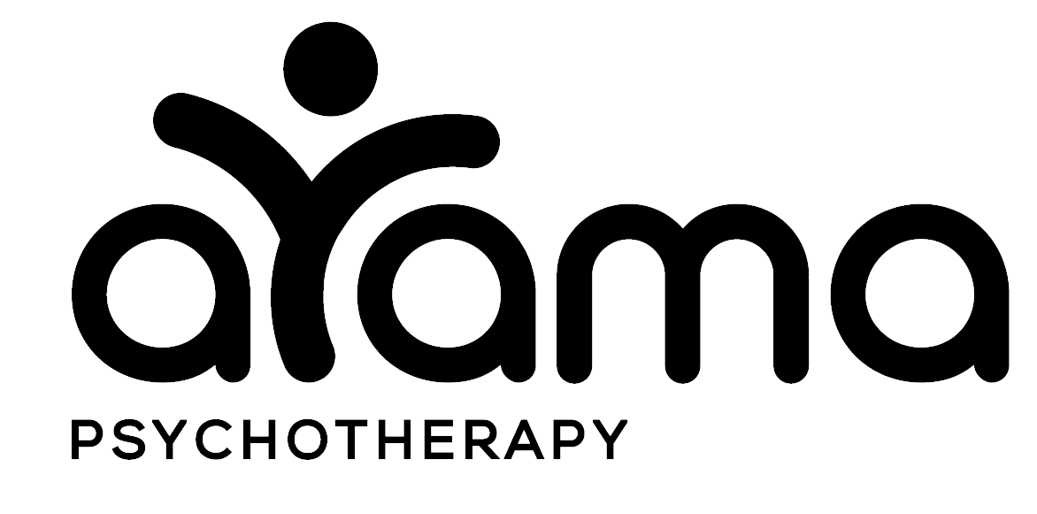I'm getting around to sending this email a little later today than usual, but I just came from another productive live Sleep Q&A session. It's always nice to hear people becoming increasingly confident in their ability to sleep well and predictably, as well as feeling confident about what to do when sleep problems arise. This always makes me smile when people's fears and frustrations around sleep are put to ease.
Well, it's been a long road to put everything into place, but application for the Smart Restful Sleep online self-help program is now open. I have put this program together in order to alleviate the wait time for our services. Although it is a not a full substitute for medical care or one-on-one sleep treatment, it is appropriate for addressing chronic, mild to moderate sleep disruption. I'm excited! The application can be accessed here (it's easy) and priority is given to anyone who has been receiving these sleep-focused emails.
About the program:
The Mastering Restful Sleep program is a 12-week, self-paced, online program, with live, small group Q&A sessions. The first small group meeting is scheduled for 9/7/22 at 11am.
-The program material is suitable for adults (25 years+) with chronic, mild to moderate sleep disruption. The material is not suitable for college students or shift workers, as these circumstances require different approaches.
-Participants will learn how to be in charge of their own health data by implementing a structured plan for sleep change.
-Upon completion of all learning material, participants will have gained confidence in their understanding of the mechanisms of good sleep. If the techniques are followed diligently, students will experience a "resetting" of sleep patterns and develop a new relationship to their sleep. Participants will have completed several iterations toward their ideal sleep formula by the end of the 12 weeks.
-For the Sept 2022 Cohort, I have bundled the program with the cost of Good Sleep 101 as well as extra Sleep Q&A sessions (December and January) at no additional cost.
-This is often an appropriate alternative for people who are waiting for one-to-one sleep services at Ayama. We are pretty full at this point at the office, and the most likely scenarios is that the next openings will not be until October at the earliest.
What to expect:
1) You have access to online lessons to complete at your convenience. Lessons are brief and easy, with a learning format primarily of light reading, helpful graphs, and some short videos and downloadable handouts.
2) Every 1-2 weeks at 11am on Wednesday's, there will be live Sleep Q&A Zoom sessions (7 total), with me as facilitator, with plenty of opportunity to ask questions. These sessions are optional, but people who benefit from the program most will have attended at least once per month. I love these sessions, as we all practice kindness, patience and gratitude for our sleep process and the body's incredible ability to start to sleep well. Importantly, we have fun and encourage each other to practice the grit needed in the process. Everyone will have their own unique sleep challenges and the diversity of problems that we discuss facilitates learning for the whole group.
Attendance to at least one session per month from September through November will best facilitate change, but is not required. We will not meet the week of Thanksgiving. All Sleep Q&A sessions (7 total) will be held for one about an hour from 11am EST.
3) If possible, Sleep Masters (those who have completed the program as a member of a previous cohort) may pop in and join our Sleep Q&A sessions as their schedule allows. They are a wealth of their own knowledge, so it would be a privilege if some are able to join us at times. This mix of experienced and "newbie" students has worked out really well and facilitates learning for everyone.
Please note that all participants are required to have taken our free, brief self-assessment and beginning tutorial to ensure that behavioral approaches are appropriate for your sleep situation. Take this before you apply.
If you wish to read more about the program, including exact dates of the live Sleep Q&A sessions, the details are available on the program website.
If you are ready to jump into application (no obligation to pay/register if accepted), the application link can be accessed here. I will close the application availability on 8/31/22 at 11:59pm EST.
Happy Sleeping,
Alissa S. Yamasaki


